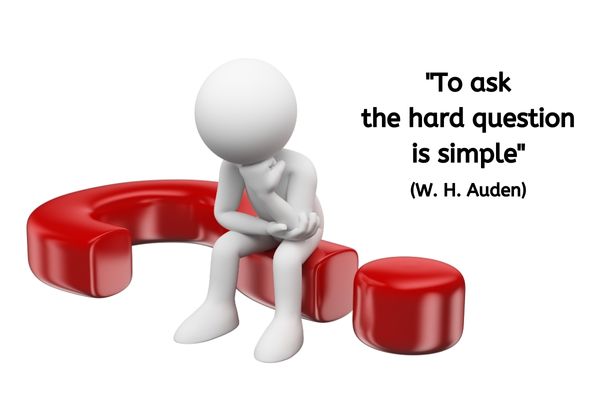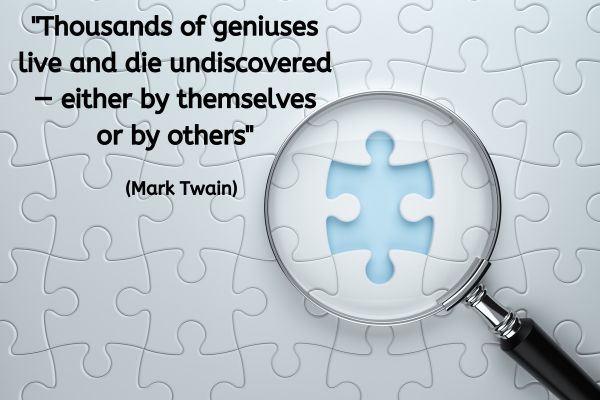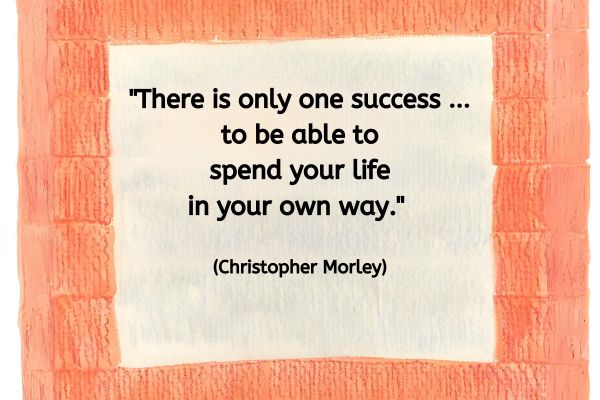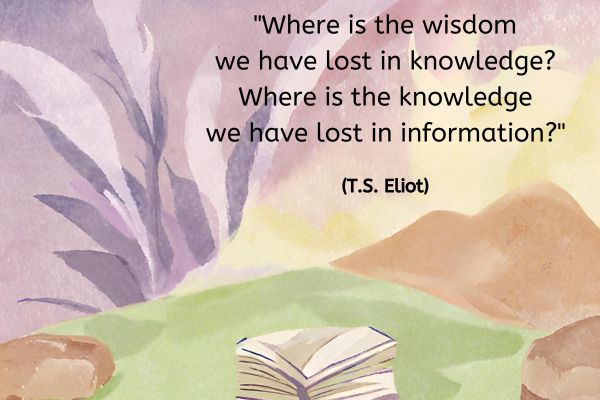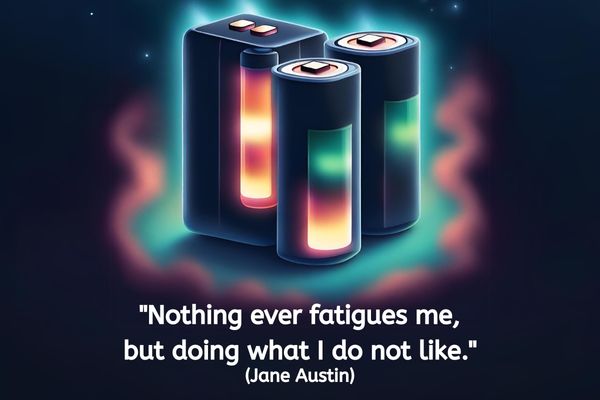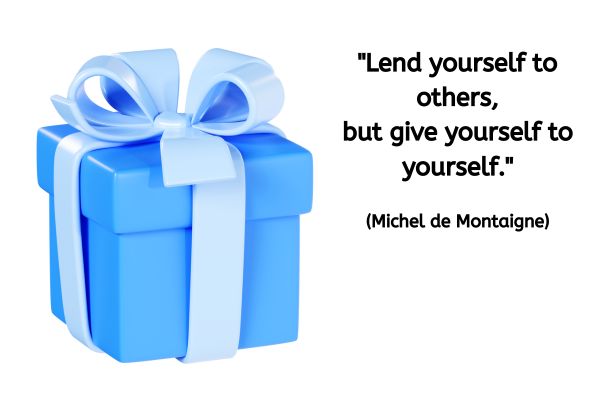Finding Inner Peace: Reflections on Pythagoras’ Wisdom and Self-Acceptance
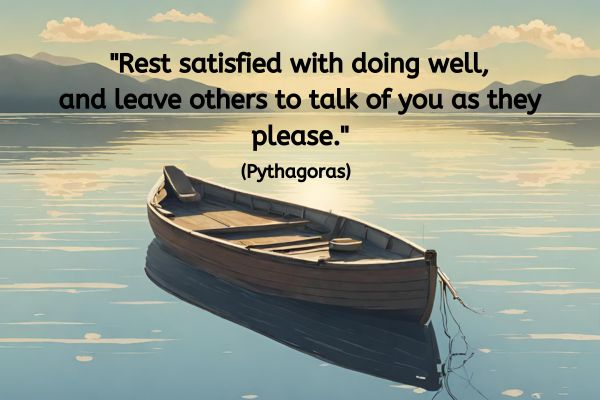
Today’s quote is:
“Rest satisfied with doing well, and leave others to talk of you as they please.” (Pythagoras)
Three elements lept out at me with this quote. First I wonder how many read this and focused upon their feelings towards the author? Did your mind wander to any familiarity with mathematics and Pythagorean theorem? If so, did your feelings towards that overshadowing the message behind the quote itself?
Half of my universary degree was in mathematics. For some people hearing that would produce an almost comical reaction – it was as if I had grown an extra head or something. They just couldn’t comprehend why I would voluntarily have chosen that as a subject. Whilst I could write a lot about my opinions of how many education systems turn kids off from mathematics, thats not the topic of today’s post. I will stick to saying I know that many people have negative connotations with the subject. So I wondered if the quote was by someone who many associate with the mathematics schooling, would it “hit” differently?
I suspect that could be a topic for a blog post in its own right. But for today I’m just going to highlight it as a possibility and invite you to take a second, fresh look at the quote and notice what occurs to you.
Secondly, the notion of ‘rest’ in Pythagoras’ words struck a chord within me. It reminded me of those moments of tranquility, where the cacophony of thoughts fades into silence, akin to the serene moments before drifting into sleep. In these instances, there’s a sense of neither satisfaction nor dissatisfaction; rather, it’s a state of pure being.
I happened to read this quote at the end of a “long day”, it prompted me to take a moment to “rest” in that stillness, as best I could and see what I knew to do. Amidst the chaos of a busy day, finding solace in these quiet moments can offer valuable insights into our inner needs and desires.
Self-Acceptance: Reflecting on Pythagoras’ Wisdom
Today’s quote by Pythagoras invites us to explore the concept of self-acceptance and find contentment in our actions. Which is why the third aspect that stood out to me in Pythagoras’ quote is the fear of judgment. It’s a sentiment that seems to resonates deeply, especially in today’s society where the fear of being scrutinized and criticized often holds us back from fully embracing ourselves and our potential. In my interactions with clients, I’ve noticed a recurring theme recently of apprehension towards judgment, whether it be from peers, colleagues, or even from within themselves. This fear of judgment can be paralyzing, hindering our ability to express ourselves authentically and pursue our passions wholeheartedly.
As coaches, I feel that its an important part of my work that I do what I can create a safe and non-judgmental space for our clients, where they feel empowered to explore their thoughts, emotions, and aspirations freely. By fostering an environment of acceptance and understanding, we can help alleviate the fear of judgment and encourage our clients to embrace their true selves even if it seems to them they need confidence and courage to do that.
In conclusion, Pythagoras’ timeless wisdom serves as a reminder to find contentment in our actions, that self-acceptance, regardless of external opinions or judgments. It encourages us to cultivate moments of stillness amidst the chaos of life and to confront our fears of judgment with resilience and self-assurance. Let us rest satisfied in our endeavors, and leave others to form their opinions as they may.
About Jen Waller

Jen Waller is on a mission to support, nurture and encourage coaching skills and talents from non-coach to coach and beyond.
As an experienced coach and trainer Jen is happy to utilise all skills at her disposal to assist clients from getting out of their own way and making a difference in the world with their coaching. Find out more about the support Jen offers here.
